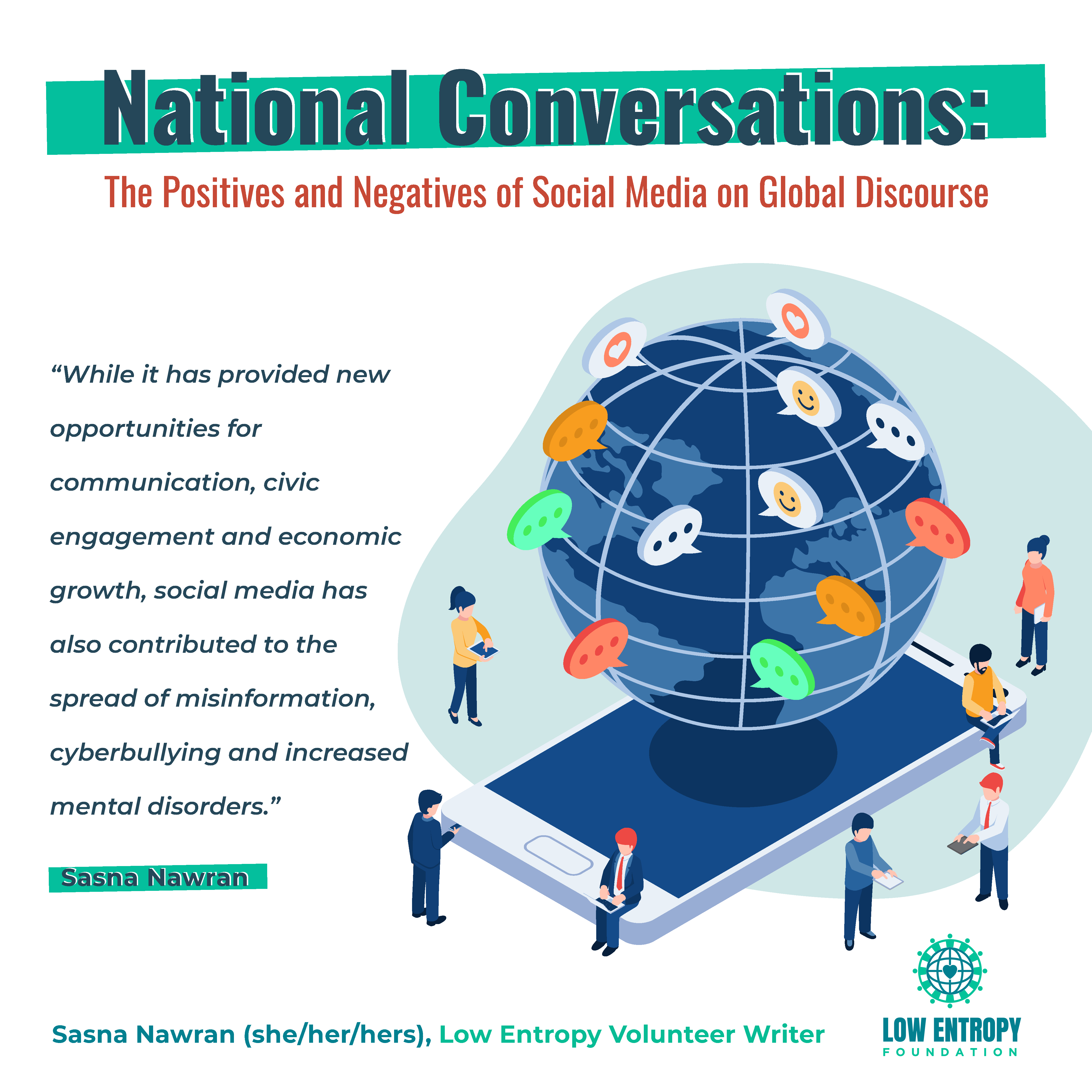Coming Up Short
February 25, 2024

Mherah Fatima, Low Entropy Volunteer Writer
How often do you see a short person as the main character of a popular TV show, film or book?
The scarcity of such instances underlines a big societal trend where people of taller statures are seen and represented, but people of shorter statures are left behind in their shadows.
This discriminatory treatment against individuals who do not possess an acceptable range of height is known as heightism, and for a long time, it has been a persistent aspect of our society that has consistently undermined people’s achievements and success. One of the earliest examples of heightism is Napoleon, whose height has been a constant subject of scrutiny and mockery.
As Napoleon was gaining power and influence throughout European territories the British grew anxious, thus they used mockery to undermine their fear, and it worked. The aim would have been to reduce the reputation of the mighty general to that of a silly, diminutive man. This mockery inspired the derogatory term Napoleon complex, which refers to short people exhibiting aggressive behavior to compensate for their stature. The existence of such a term is proof of the demeaning attitude of society towards short people, and the media often portrays short people to be foolish and angry.
In the Disney movie Frozen, the Duke of Weselton is a person of short stature, and he is portrayed to be a pompous and cowardly antagonist. The antagonist of 2001’s Shrek was also a short man, who was authoritarian and evil. These stereotypes have a detrimental effect on children’s perception of short people, as they consistently see people of shorter stature as villains or foolish characters, and may tend to perceive short people as aggressive and foolish in real life as well, maintaining prejudices against them.
Once, in a conversation with friends, I talked about what standards I wanted my partner to maintain. Later on, a friend made a spiteful remark by saying, “Girl, you don’t even have the height, why do you even have standards?” I was shocked and offended. It made me extremely conscious of my height, and the remark still bothers me today. I reached out to my friends of the same height and asked them if they had ever experienced something like that, and to my dismay, they said yes, one of them “a dozen times.” One friend told me that it had influenced her confidence negatively, and she became quieter over time as she felt taller people were given more importance and opportunities in conversations. Once again, I was reminded how deep the psychological impact of heightism can be.
A study in the Journal of Applied Psychology (Vol. 89, No. 3) reported that taller people may earn more than shorter people. The possible explanation for the height bias offered was that tall people may have greater self-esteem and social confidence than shorter people. In turn, others may view tall people as more leader-like and authoritative. In a now-classical study, when recruiters were asked to make a hypothetical hiring decision between two equally qualified job candidates, they chose the taller candidate (Kurtz, 1969, cited in Agerström, 2014). The study serves as proof that height bias persists in the corporate and professional worlds.
Nevertheless, a glimmer of hope remains. In the 2010s, body positivity gained influence and forced brands to be more inclusive. Body positivity aims to promote a positive view of all types of bodies, regardless of size, shape, skin tone, etc . . . In light of it, a new movement emerged, “Short King Spring,” which aimed to hype up men of short height. The movement was a big achievement in terms of removing height prejudices.
Celebrities like Tom Holland and Joe Jonas were highlighted to promote inclusivity in height. On social media platforms, Short King Spring gave rise to campaigns like #ShortKingChallenge, where individuals proudly showcased their confidence and accomplishments, dismantling preconceived notions about shorter stature. This movement went beyond a simple hashtag; it served as a testament to the power of positive representation and community-building. Several fashion brands embraced inclusivity, and the modeling industry is also slowly opening up to it.
In the coming era, we must foster a culture that celebrates diversity in all its forms by promoting body positivity movements. Only then can we create a world where a person’s worth is not confined by their size.
References
Agerström, J. (2014). Why does height matter in hiring? Journal of Behavioral and Experimental Economics, 52, 35-38.
Dittmann, M. (2004). Standing tall pays off, study finds [Abstract]. American Psychological Association, 35(7), 14-14.
—
Leave your thoughts for Mherah in the comments below. You can also follow us on Facebook, Instagram, TikTok, Twitter and YouTube to stay up-to-date with Low Entropy news!
GET INVOLVED
At Low Entropy, we believe changing the world starts with changing ourselves.
Founded in 2015, Low Entropy Facilitates conversations that encourage diversity and promote inclusivity.
We understand that life can be confusing at times. It can seem challenging and sometimes you may feel like no one really “gets you.” We offer an opportunity to connect with others who have the capacity to understand you.









